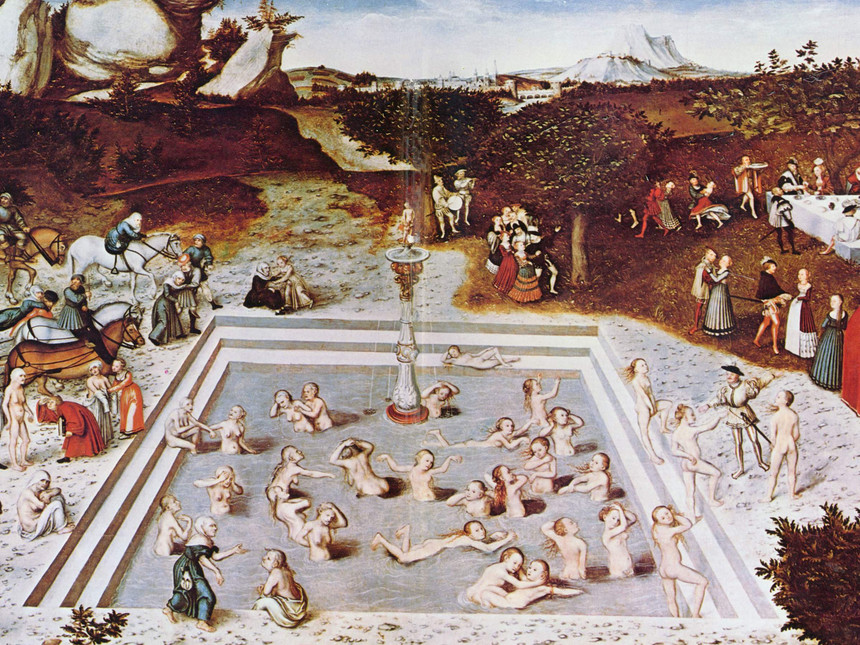Canadian scientists looking at a rare genetic mutation think they may have discovered the proverbial fountain of youth.
The following written content by Science Daily

Canadian scientists looking at a rare genetic mutation think they may have discovered the proverbial fountain of youth. But it’s not for everyone: so far, the mutation has only been found in a handful of French-Canadian families.
Called PCSK9Q152H, the mutation of the PCSK9 gene was initially thought to protect against cardiovascular diseases. Recent studies reveal that it may protect against other human illnesses, mainly liver diseases. It may allow the lucky PCSK9Q152H mutant subjects to stay in good health and live longer, the researchers say in a study published in the Journal of Clinical Investigation.
The work was led by vascular biologists Richard Austin and Paul Lebeau of McMaster University and by Montreal Clinical Research Institute endocrinologist Michel Chrétien, an emeritus professor at the University of Montreal.

Gene therapy next?
“These are exciting findings — what we’ve found may represent a kind of fountain of youth,” said Austin, a medical professor and one of the senior authors of the study. “Now we want to see whether we can come up with a gene therapy approach to overexpress this specific mutant gene variant in the liver, and thereby offer an innovative treatment for a number of diseases that normally lead to early death.”
News of the PCSK9Q152H mutation was first published in 2011, after Chrétien, the current study’s lead clinical investigator, discovered it in a French-Canadian family. Mainly expressed in the liver, the mutated gene lowers a person’s plasma LDL-cholesterol (‘bad’) and prevents cardiovascular diseases. Chrétien and his IRCM colleague Hanny Wassef found it in two other large French-Canadian families, as well.

People carrying this gene mutation are surprisingly healthy well into their late 80s and mid-90s. In addition to their low plasma LDL-cholesterol and their low risk of cardiovascular diseases, their liver function is completely normal when measured through imaging and a complete medical evaluation, the Montreal scientists found.
Until now, however, the underlying mechanism by which the mutation represented a health benefit other than cardiovascular was a mystery.
A surprising protective effect
In the new study, the McMaster researchers show that overexpression of this gene variant in the livers of mice who don’t carry PCSK9Q152H had a surprising protective effect against injury and dysfunction of their liver. Read more from Science Daily.
Read other interesting and relevant related news stories from News Without Politics
Stay informed daily unbiased without media bias and ahead of influence.




